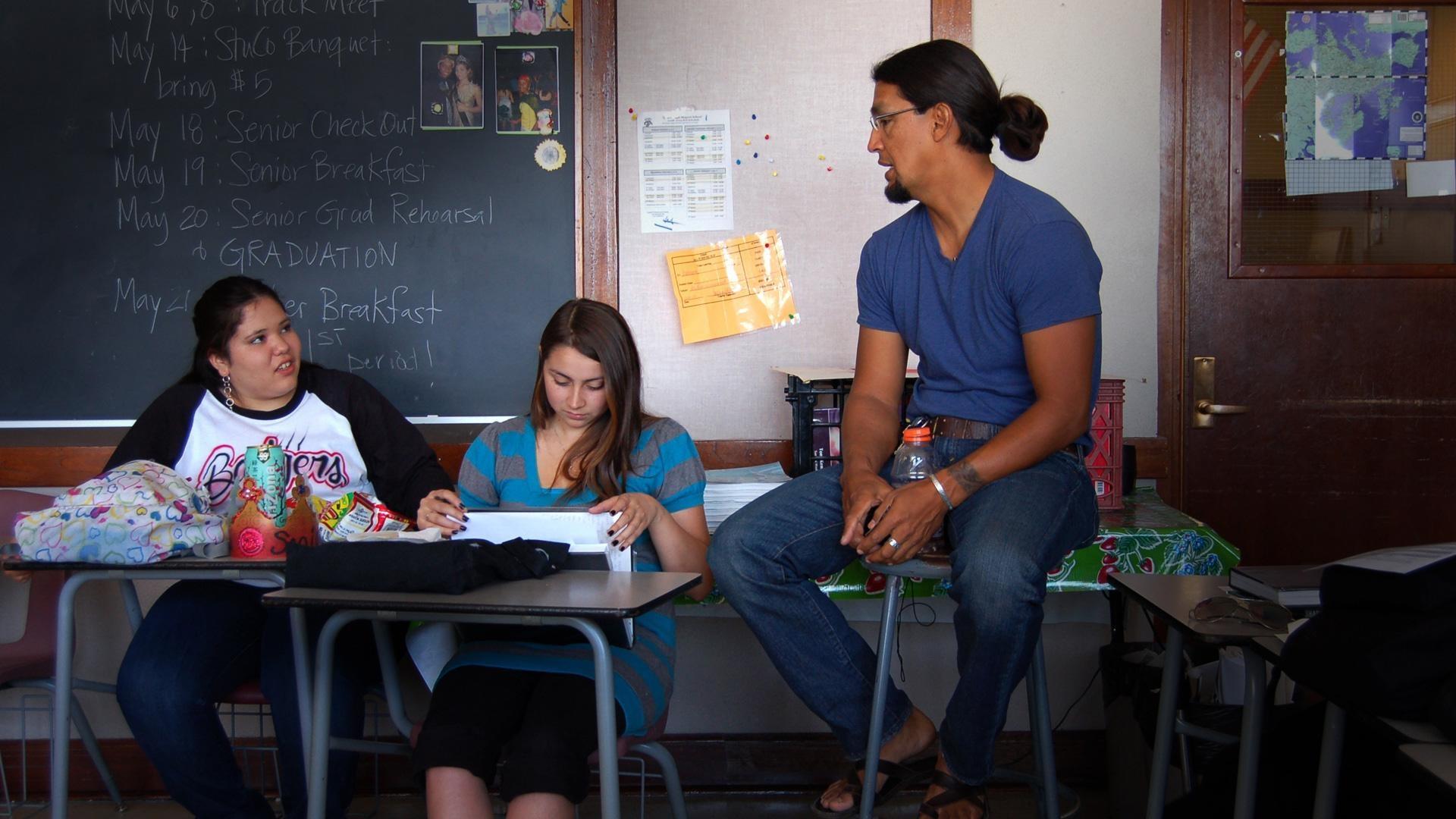Other People's Children by Lisa Delpit
https://drive.google.com/file/d/13uwa4Ia50poEpUD2QJUnIY76if7HhF9W/view

In this article Lisa Delpit argues that the culture of power and the silenced dialogue leave some students (mostly minorities, ESL, & lower class) at a disadvantage. The culture of power is something found in most schools, it is when the dominant culture (white/upper-middle class) is reflected in schools through rules, teaching, and language. There a different verbal styles of communication- white/mainstream culture styles of communication are typically used in the classroom. This is the culture of power. Teachers with power must acknowledge its existence in order to teach every student. All students come from different backgrounds and home-lives; this means that we should teach without the assumption that all students automatically understand the culture of power. If teachers make this assumption, it can lead to miscommunication between teacher and student. It can even lead to students being punished for doing nothing wrong! Teachers should explicitly say what the mean when giving rules and instructions. This will help students learn and acquire the code of power and set them up for success. The silenced dialogue is what happens when student who are not familiar with the culture of power are silenced because of it. These students learn to disengage and not try to communicate becuase they have been shut down too many times by people unwilling to understand them. I will end with this powerful quote from the article: “We must keep the perspective that people are experts on their own life. There are certainly aspects of the outside world of which they might not be aware, but they can be the only authentic chroniclers of their own experience.”
Reflection:
This article was hard for me to completely understand at first. After talking about it in class, doing group work, and doing the card game activity in class today, I feel like I have a firm grasp on the concepts discussed in the article; it actually makes so much sense now and it is something I have seen and have experienced in my own life! My question for the class or any commenters is how do these concepts relate to the card game activity from today's class?

No comments:
Post a Comment